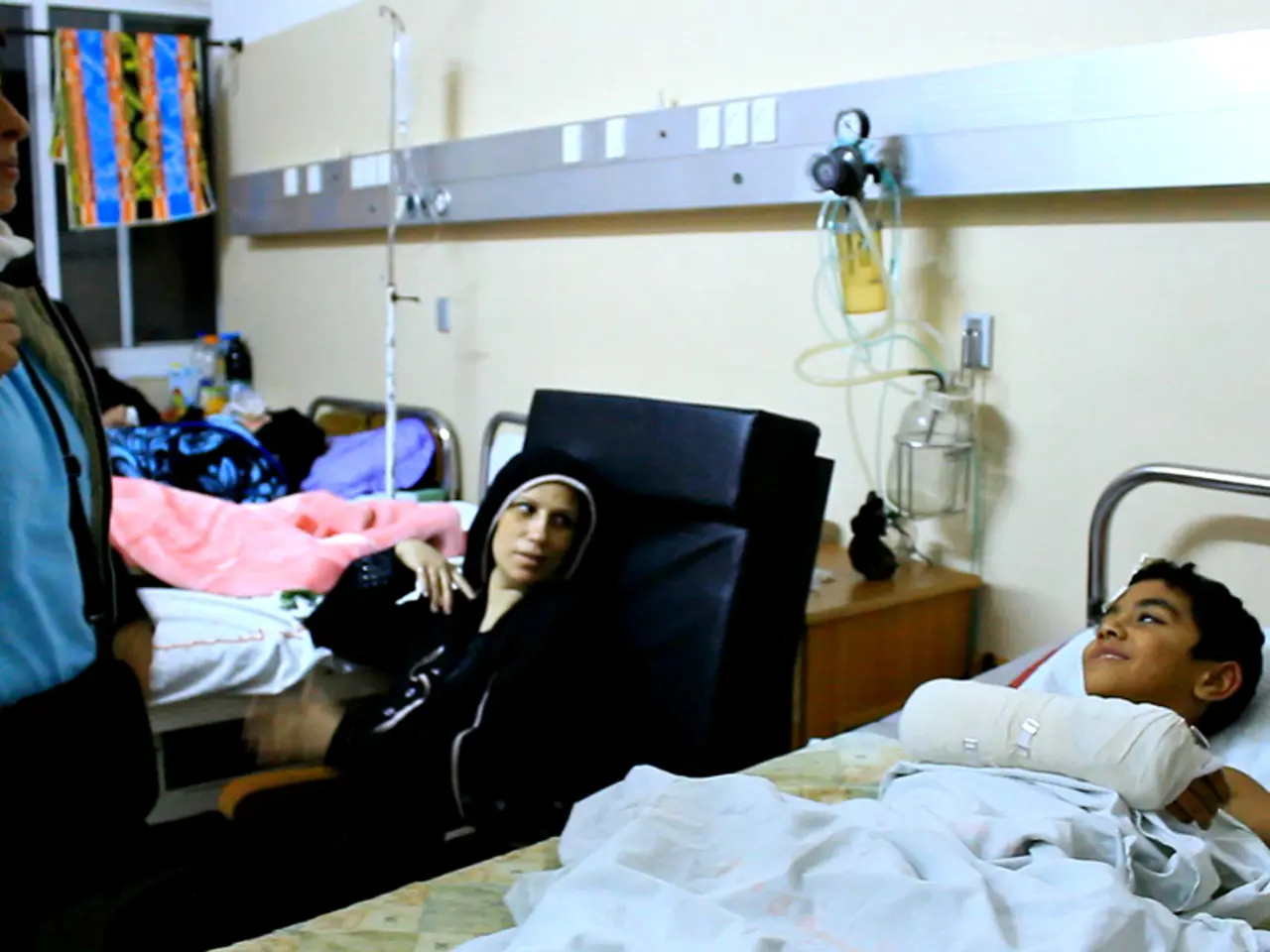Diagnosing Breast Cancer through Complete Blood Counts (CBCs): Are CBCs Capable of Identifying Breast Cancer?
Complete Blood Count (CBC) tests play a vital role in monitoring patients undergoing treatment for breast cancer. These tests help assess the patient's overall health and bone marrow function, which can be affected by cancer therapies such as chemotherapy.
CBC helps track levels of hemoglobin, white blood cells, and platelets. Anemia, an condition characterised by low levels of hemoglobin, can be detected through CBC. Neutropenia, a condition marked by a decrease in the absolute neutrophil count (ANC), can also be identified. Neutrophils are the immune system's first line of defense against infections. A healthy ANC ranges between 2,500 and 6,000, but when it drops below 1,000, it's known as neutropenia, and an ANC below 500 indicates a higher risk of infection. Low platelet levels, on the other hand, increase the risk of bleeding.
Changes in CBC results can prompt treatment adjustments. For instance, adjusting chemotherapy doses or timing to reduce toxicity or manage complications. CBC results can impact decisions about the type of cancer treatment, when treatment should begin, the treatment dosage and duration, and the need for supportive treatments.
It's important to note that CBC itself does not detect breast cancer. However, it is a crucial supportive test during treatment to assess how the body tolerates therapy and to ensure safe continuation of treatment. Additionally, other blood markers like CA 15-3 or CA 27-29, which are tumor markers, may be used alongside CBC to monitor breast cancer progression or response to therapy, especially in advanced or metastatic cases.
A CBC test is not used to diagnose breast cancer. However, doctors may perform a CBC following a breast cancer diagnosis to inform treatment decisions. The American Cancer Society (ACS) provides screening guidelines for individuals at average risk and high risk of breast cancer. Those at average risk should receive yearly mammograms from the age of 45, with the option to start from age 40, and can continue every other year from age 55 onwards. Those at high risk should receive yearly mammograms and breast MRI starting from around the age of 30.
Besides monitoring breast cancer treatment, CBC tests can provide insights into a person's overall health, which can influence treatment decisions. Furthermore, CBC tests can help to detect certain types of blood cancer, such as leukemia and lymphoma.
In summary, CBC evaluates blood cells to detect side effects of cancer therapy. Changes in CBC results can prompt treatment adjustments. CBC complements tumor marker tests that specifically track cancer activity. CBC is not a cancer screening or diagnostic tool but essential for monitoring patient health during breast cancer treatment. A blood chemistry panel or metabolic profile is ordered by doctors to check organ function and electrolyte levels during cancer treatment for breast cancer.
Read also:
- Stem cells potentially enhancing joint wellness and flexibility during aging process?
- Obtaining Ozempic: Secure and Legal Methods to Purchase Ozempic Online in 2025
- Home-Based Methods and Natural Remedies for Managing Atherosclerosis
- Exploring the Natural Path: My Transition into Skincare with Cannabis Ingredients






